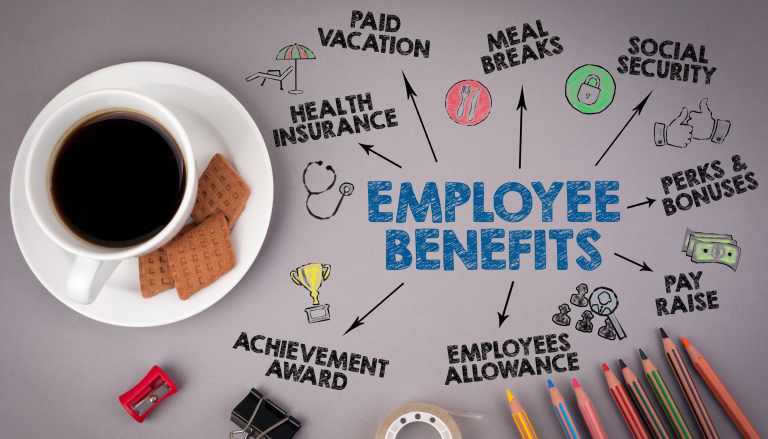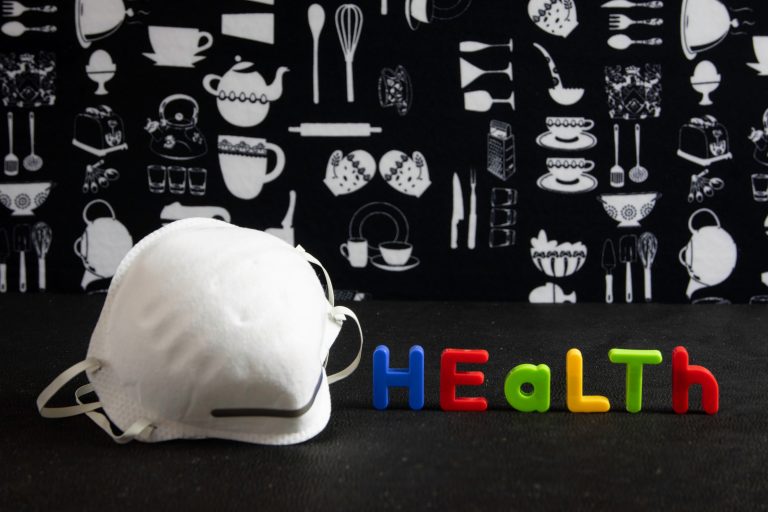Working at the dining table may be a novel experience for office workers who are staying home because of the Coronavirus. As for managers who are used to having their staff where they can see them, the thought of controlling a distributed workforce may be adding to their worries.
Take heart – the distributed workplace is nothing new. The gig economy is built entirely around freelancers who routinely work from home. Gig workers have always known that they are more productive than office workers. A randomised controlled trial conducted by Stanford University economics professor Nicholas Bloom has quantified this: productivity among remote workers is 13.5% higher than full-time office staff.
Professor Bloom’s trial also found that people in the distributed workplace take shorter breaks, fewer sick days and less time off. Why is this and what can we learn from gig workers? Here’s what they know and what everyone else is about to discover.
- Offices are full of distractions. Having colleagues around you all the time means noise and activity. At home, because you can quietly focus on doing your job, you’re more productive and can finish your work quicker than you would in a busy office.
- The quality of your work is better at home. Concentration is known to lapse after 50 minutes. If you’re at work you have to stay at your desk and keep working even as your performance dwindles. At home you have no such constraints. You can work in short, concentrated bursts and take brain-boosting physical breaks between them.
- You have space to think. This might take some getting used to but at home you’ll actually have time to think more deeply about what you’re doing and why you’re doing it. It liberates you to approach your work in a more interesting way. Allow your brain to take advantage of the calmer environment and the new perspective it enables.
- It’s easier to balance work and personal commitments. Not being bound to an office and normal office hours and protocols sets you free to organise your time and take care of essential personal business without having to make excuses or feel guilty. As long as your work is done and you’re easily accessible, it doesn’t matter what you do the rest of the time.
- Collaboration is better and easier. Don’t believe it? It’s true and it works because everyone communicates more. When you work from home you can presume nothing, so you have to be in touch with others who are working on the same projects as you are. You’ll find yourself looking forward to regular video conferences and group calls, making the most of every contact.
- Working from home is not a holiday. Of course all of this only works if you maintain normal working discipline. Gig workers know that to be effective they have to be serious about their work. They get up on time, maintain their personal hygiene, and quickly learn the dangers of wearing a path from the desk to the fridge or the kettle.
If you have schoolchildren at home now too, the best advice is to get organised. Make them part of your world, letting them get on with their schoolwork alongside you. They’ll want your attention when you’re on a video conference. Let them greet your colleagues, watch your meetings if necessary. Chances are your colleagues have their own children at home too, so everyone is going through the same thing.
Distributing workers also distributes responsibility. If everyone does what they are meant to do – and the majority will – this strange time could prove to be to the benefit of us all as we learn to be productive in a completely new way.
Stefano Migliore is the executive director of SiSebenza.

























